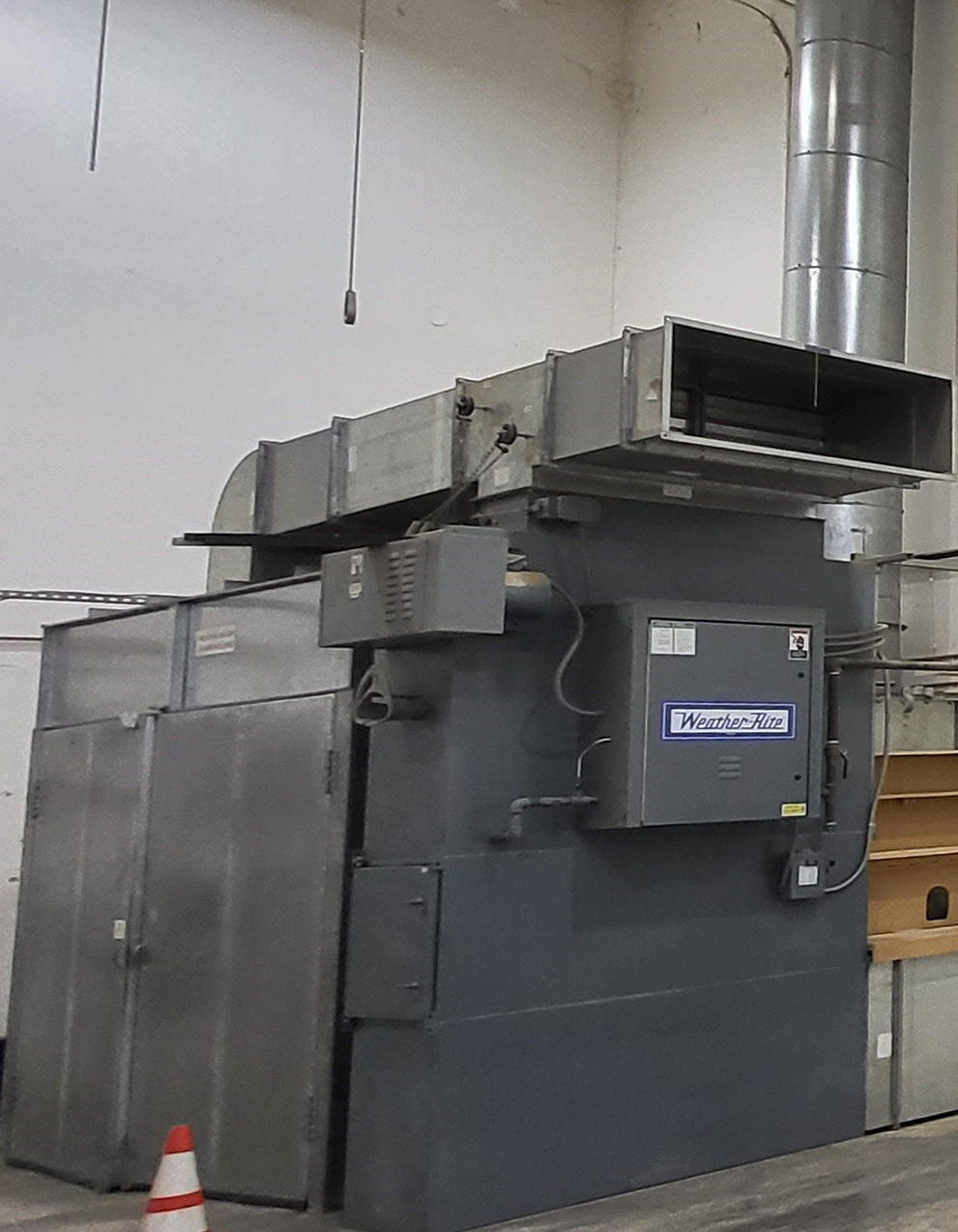A research team coordinated by the Oklahoma Aerospace and Defense Innovation Institute at the University of Oklahoma, is working with the members of the 76th Maintenance Wing (76 AMXG) at the Oklahoma City Air Logistics Complex to develop a novel chromium-free organic primer for aerospace applications.
Currently, chromium compounds are added to paints and primers to provide protection against corrosion and create certain colors. According to the Occupational Safety and Health Administration, hexavalent chromium is a toxic form of chromium that can cause severe health effects to those exposed.
Evan Mertes with the 76 AMXG of the U.S. Air Force said, "Hexavalent chromium is the benchmark in corrosion protection but is also a known carcinogen and environmental hazard. Removing chromium from the primer will eliminate worker exposure during depot and field maintenance. The Air Force spends billions of dollars per year on corrosion maintenance so it is critical that any new primers provide equivalent corrosion protection."
John Klier, Ph.D., dean of Gallogly College of Engineering and co-principal investigator for the research project, said they are working to evaluate and identify epoxy-based primer compositions which will help the U.S. Air Force eliminate the use of hexavalent chromium and reduce environmental impact and the associated costs with its use and disposal.
“These primers will provide excellent corrosion protection and adhesion to pretreated aluminum alloys while offering exceptional fluid resistance and outstanding flexibility,” he said.
Klier is leading the project alongside Brian Grady, Ph.D., the Douglas and Hilda Bourne Chair of Chemical Engineering in the School of Chemical, Biological and Materials Engineering, in partnership with the Oklahoma City Air Logistics Complex. OC-ALC technical leads are Blake Yort and Ross Moseley.
Klier said the research team has developed several chrome-free prototype additive systems, and spray and testing infrastructure are in place. Application and evaluation of the formulation are underway. The two-year project is expected to be completed in 2023.


